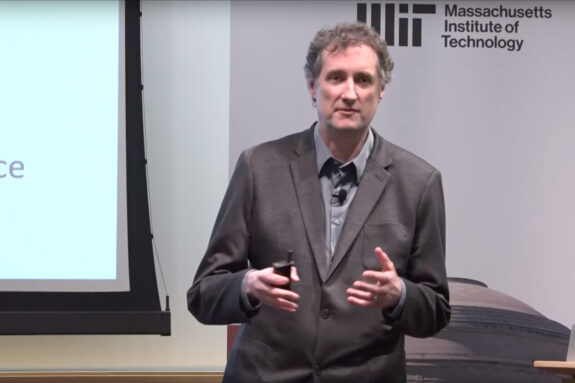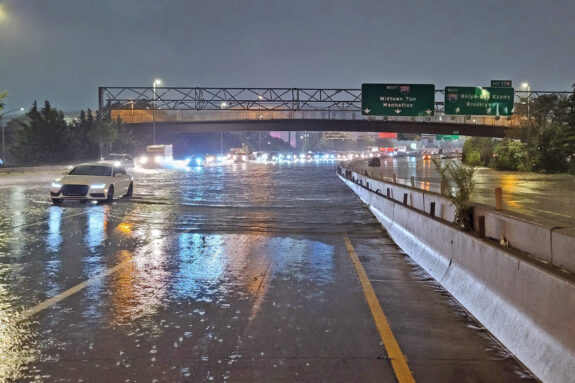
Paul O'Gorman
Faculty Chair, EAPS Committee on Education
EAPS Graduate Officer
Professor of Atmospheric Science
Explores atmospheric dynamics and extreme precipitation events with a focus on the response to climate change.
Research Interests
My research is motivated by the need to understand how climate change affects precipitation patterns and the circulation of the atmosphere. Climate models indicate that as the Earth warms, both the overall precipitation and the intensity of heavy rain or snow events are likely to increase, while some regions may experience less rainfall. To better understand these shifting atmospheric patterns and predict their behavior, my group uses simulations, theories, and observations to more accurately describe the physics behind them. We’re also exploring the use of machine learning to improve climate models, training them with high-resolution simulations to better represent complex processes like atmospheric convection.
Topics I Investigate
- Atmospheric dynamics
- Hydrological cycle
- General circulation
- Precipitation extremes
- Moist convection
- Machine learning in climate modeling
Biographic Sketch
Paul O’Gorman joined the EAPS faculty in 2008 and currently serves as faculty chair of the EAPS Committee on Education and as the EAPS Graduate Officer. After earning a BA in theoretical physics and an MSc in high-performance computing at Trinity College, Dublin, Paul earned his PhD in aeronautics in 2004, with a minor in applied mathematics, from the California Institute of Technology. He continued his studies at Caltech as a postdoctoral scholar in environmental science and engineering before coming to MIT. Paul is known for advancing our understanding of the large-scale dynamics of the atmosphere, the response of precipitation extremes to climate change, the intensity of extra-tropical storm tracks, and the difference in warming between tropical oceans and land areas. Paul is co-lead on one of the five MIT Climate Grand Challenges flagship projects, designed to mobilize the Institute’s entire research community around tackling the most difficult unsolved climate problems. Titled “Preparing for a new world of weather and climate extremes,” the project aims to build a scalable toolkit to help vulnerable communities better predict future extremes and accelerate the transition to low-carbon resources.
Key Awards & Honors
- 2023 • The Bernhard Haurwitz Memorial Lectureship, American Meteorological Society
- 2018 • MIT School of Science Graduate Teaching Prize
Key Publications
-
Yuval, J., O’Gorman, P. A. & Hill, C. N. (2021) Use of neural networks for stable, accurate and physically consistent parameterization of subgrid atmospheric processes with good performance at reduced precision, Geophysical Research Letters, 48, e2020GL091363
-
O’Gorman, P. A. (2014) Contrasting responses of mean and extreme snowfall to climate change,
Nature, 512, 416-418 -
Singh, M. S. & O’Gorman, P. A. (2013) Influence of entrainment on the thermal stratification in simulations of radiative-convective equilibrium, Geophysical Research Letters, 40, 4398-4403


